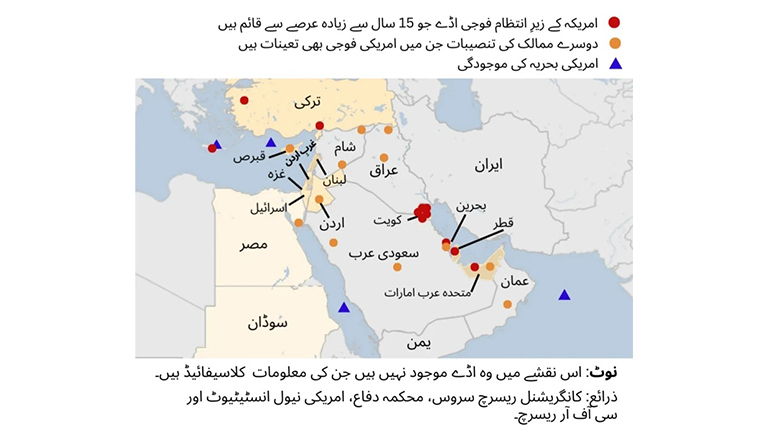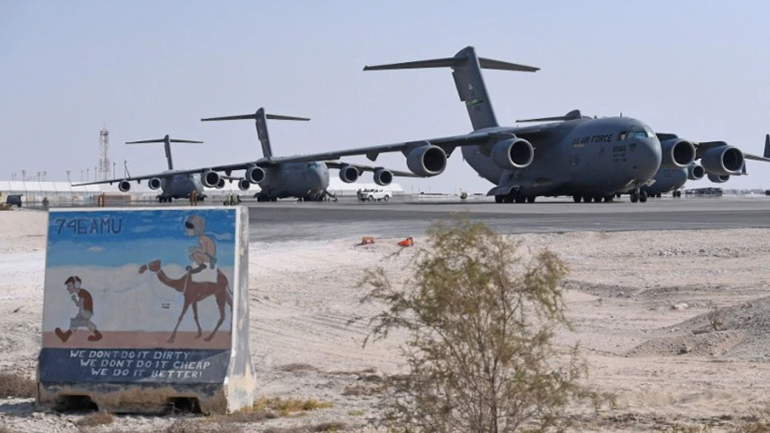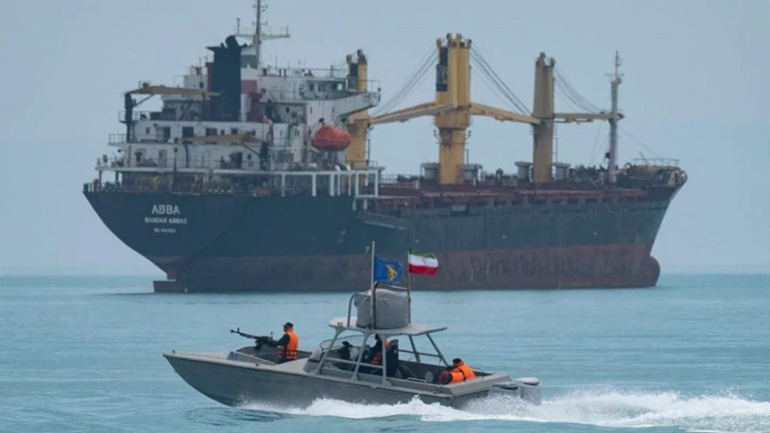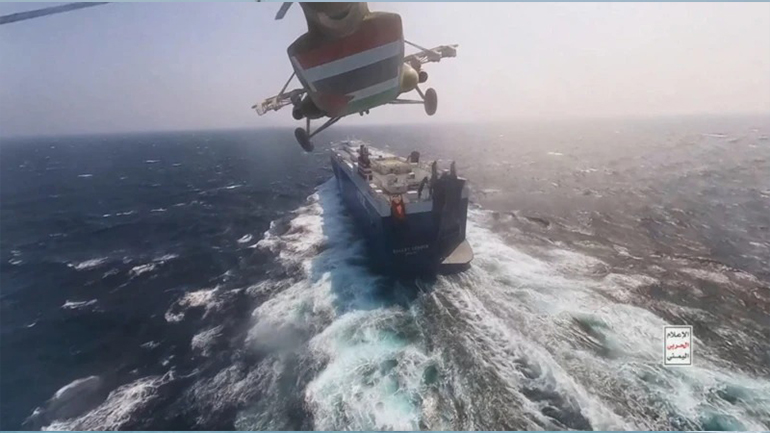

A major US military base is Al-Udeid Air Base in Qatar. In the second week of the Israel-Iran war, the U.S. attack on Iranian nuclear facilities has created a new dilemma for Tehran. The United States used 30,000-pound special bunker-buster bombs against Iran’s underground Fordow nuclear facility. Also, it targeted Natanz and Isfahan nuclear sites, later claiming that these facilities had been “destroyed.” Iran has condemned these attacks as a violation of the United Nations Charter, declaring that it will strongly retaliate, with the timing and nature of the response to be decided by Iranian armed forces. Donald Trump has warned that if Tehran retaliates, the U.S. will respond with even greater force. Meanwhile, serious discussions are underway at the highest levels of Iran’s security and intelligence establishment about how to respond to the U.S. strikes. The key question facing Iran’s security leadership now is whether to escalate the conflict by launching retaliatory attacks against U.S. interests or to accept President Donald Trump’s offer for negotiations, which would effectively mean completely halting all nuclear enrichment activities inside Iran. This internal debate is unfolding at a time when many senior Iranian commanders are on high alert, wondering whether they might be the next targets of Israeli airstrikes, or if someone in their ranks has already betrayed them in collaboration with Mossad, Israel’s foreign intelligence agency.

There are US military bases in Iraq, Bahrain, the United Arab Emirates, Saudi Arabia, Kuwait, Jordan, and Syria, all of which are within range of Iranian ballistic missiles.
Iran had warned that in the event of a U.S. attack, American bases in the region could be targeted. Following the U.S. strikes, the Islamic Revolutionary Guard Corps (IRGC) stated that “the U.S. will regret its actions.” It’s important to note that U.S. military bases are present in Iraq, Bahrain, the United Arab Emirates, Saudi Arabia, Kuwait, Jordan, and Syria, all of which fall within the range of Iran’s ballistic missiles. One of the key bases is the Al Udeid Air Base in Qatar, while in Bahrain, the U.S. Navy’s Fifth Fleet is stationed at a naval base. In 2020, Iran had targeted the Ain al-Asad Air Base in Iraq after then-President Trump ordered the killing of IRGC General Qassem Soleimani. However, Iran had warned the U.S. of the strike, and no casualties occurred. The attack was widely seen as a symbolic response. Tehran might adopt a similar strategy this time as well. However, under the current heightened tensions, Iran may also target non-military American interests, such as U.S. embassies in the region.

A major US military base is Al-Udeid Air Base in Qatar.
This is a threat that Iran’s political and military leadership has repeatedly made over the years whenever tensions have escalated between Iran and Western countries. The Strait of Hormuz is a narrow and strategically vital waterway through which one-fifth of the world’s fuel supply passes. Hardliners in Iran are once again talking about closing the Strait of Hormuz. They argue that such a move would have a significant impact on global markets and hurt the U.S. economy. To block the strait, the Islamic Revolutionary Guard Corps (IRGC) could use naval mines, cruise missiles, coastal defense systems, and a large fleet of fast attack boats. However, shutting down the Strait of Hormuz could also harm Iran itself, as it may damage Tehran’s relations with China, its largest trading partner and the biggest buyer of Iranian oil. In the past, Iran has conducted naval operations using drones, missiles, and other means, but following U.S. strikes, retaliation could be more intense this time. There is a strong possibility that oil tankers, ports, or energy infrastructure in nearby countries, including Saudi Arabia and the United Arab Emirates, may be targeted, potentially causing major disruption to global oil markets.

Revolutionary Guards speedboat
This is a moment where Iran-aligned militant groups could come to its aid by targeting U.S. bases or supply routes in ways that cannot be directly traced back to Iran. However, despite years of Iranian funding and arms supply, these groups cannot currently carry out such operations effectively. In Lebanon, Hezbollah has been weakened due to its ongoing conflict with Israel and is currently playing more of an observer role in the recent escalation. Hezbollah is also facing pressure from the Lebanese government and media, who are pushing for the group to disarm and focus on national reconstruction and addressing the economic crisis. In Yemen, the Houthi rebels have so far not significantly escalated attacks against Israel. However, before the U.S. strikes, they threatened to target American ships in the Red Sea. If they follow through, it would be a violation of the agreement signed with the U.S. in May. From Iraq, only statements and threats have emerged so far, and in Syria, Iran's influence has waned since the weakening of Bashar al-Assad’s regime. Still, it is important to note that the Iranian government likely expects its regional proxy groups to take some level of action, however limited, depending on their capabilities.

Houthi rebels in Yemen
During the Israel-Iran war, the Iranian government has launched missile attacks on Israeli cities and military bases, while so far avoiding any actions that would affect U.S. military bases in the Middle East. However, if the Middle East conflict prolongs, Iran may be forced to reduce the number of ballistic missiles it fires at Israel. On the first day, Iran launched 150 missiles, but in recent days, this number has decreased to around 30. On the other hand, taking action against the United States would force Iran to fight on two fronts and face a U.S. military response — a scenario that could further complicate matters for the Iranian government. In such a situation, the Iranian leadership will likely consider its own national security and regime survival before deciding on any military action against U.S. forces.
Powered by Froala Editor